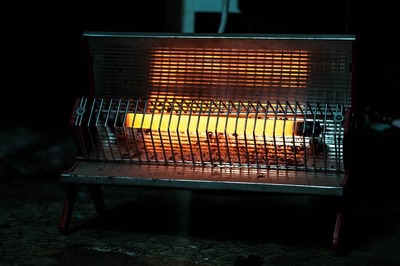Wisconsin's Home Heating Prices Expected to Remain at Near Record Levels this Heating Season
Tuesday, October 3rd, 2023 -- 1:01 PM

(By Joe Schulz, Wisconsin Public Radio) Most Wisconsinites could see their heating bills go down if the state experiences an average winter, but overall home heating prices are expected to remain "near record levels."
According to Joe Schulz with Wisconsin Public Radio, that’s according to projections from the National Energy Assistance Directors Association, or NEADA. The association is forecasting that natural gas prices will go down by roughly 7.8 percent compared to last winter, with propane and heating oil costs going up by 4.2 and 8.7 percent respectively.
NEADA also projected that electricity heating costs would increase by 1.2 percent this season. In Wisconsin, roughly 70 percent of households use natural gas to heat their homes, 12 percent use electricity and all other sources combine to create the remaining 18 percent, according to the U.S. Energy Information Administration.
Natural gas and electricity are typically provided by utilities, while those using propane or heating oil typically buy from a local provider. Although natural gas costs are expected to decrease after peaking during last year’s heating season, they’re still projected to be at their second-highest levels since at least 2014, according to NEADA's projections. Utilities and consumer groups say a variety of global factors have led to higher natural gas prices, driven by Russia’s invasion of Ukraine.
Officials for Xcel Energy and WEC Energy Group, the parent company of We Energies and Wisconsin Public Service, said NEADA’s projections for this winter’s natural gas costs are relatively in line with their own forecasts.
WEC Energy Group spokesperson Brendan Conway said his utility expects to release its winter heat estimates in mid-October, but they anticipate lower heating bills this winter. Similarly, Xcel Energy Spokesperson Chris Ouellette said her utility anticipates that its customers will pay about 8 percent less this year compared to last.
However, NEADA says the Midwest region of the country, which includes Wisconsin, is expected to have a colder winter than last year. Conway said the severity of winter weather has an impact on bills.
Feel free to contact us with questions and/or comments.




